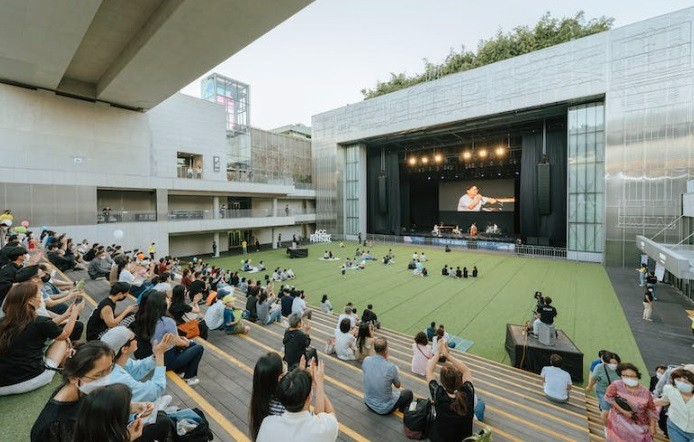A pastor from southern China says that the Chinese churches need to foster a missionary culture for themselves in addition to learning how to do world missionary work.
At the end of the Book of Matthew, Jesus commanded the “Great Commission” to the church before he ascended to heaven, and the acts of obeying the command are called "mission." The missionary culture can be simply understood in the way below. That is, in the matter of missionary practices and values, the church community has reached a high degree of consensus and coordination, and, concerning training and assigning, it has sent the best missionary workers to all parts of the world, all with a well-established management system from input to output.
In modern China, Catholic missionaries had a very high level of spirituality and care for people.
In fact, Robert Morrison, Hudson Taylor, and Samuel Pollard had prepared for a long time before they came to China. Compared with them, however, there is still much room for growth in the model and level of missionaries sent from China.
Pastor Kang Rongjian (pseudonym), who is committed to world missionary work, told the Christian Times, "We have been mobilizing the church in China, and a culture of mobilization and missionary work is always growing. Only in this way can we give the best Christians to the church and then train excellent missionaries. However, the reality is that we don’t have this culture in China. Families send outstanding graduates to make money but send low-performing children to study theology, not providing a talent bank to the church."
For instance, “Look at the missionaries in the New Testament, such as Paul and Barnabas. They were not poor-performing individuals but elite Christians. That is why the gospel has been widely spread all over the world. The reason why there have been many embarrassingly negative testimonies in past Chinese missionary work is because Chinese churches do not have a solid missionary culture."
“Missiology is the soul of the mission. Although it is not the absolute truth of the Bible, it is the truth of the forefathers’ success in history. Yet, we don’t even have enough experience from our forefathers. The old pastoral foundation of Chinese churches hasn't been taken down, and the soil hasn't been well turned. Because of this, they are slow and lazy when it comes to serving foreign churches and responding to the great mission. If the Chinese churches are not determined to give their lives, they are just useless as world missionaries.”
Pastor Kang points out: “Our disadvantage is that we really know nothing about missionaries, plus the Chinese are eager for instant success and benefit." It is their ‘fast food’ culture (an expectation of a quick and successful outcome, translator’s note), which is too utilitarian. "Taking the example of Chinese football, they are starting to create a football culture because they find that they don’t have such a heritage.”
Pastor Kang emphasizes three points: “In the first place, missionary is something in which all churches need to participate, plan, and pray. It is not the enthusiasm and willingness of one church, but the inevitable work of following the great mission of Jesus.”
“Don’t narrow the definition of the mission. All the people involved are doing missionary work. Our understanding of missionary work is that everyone who trains elite missionaries, cooks, prays, and donates money behind the scenes is doing missionary work. We should not just think that people who are sent overseas are doing missionary work.”
“The disadvantage of Chinese churches is that they don’t understand the mission. Many churches are doing it, but they are too eager for instant success without any preparation on rules and orders. It is difficult to cooperate with others, which will not work well for a long time. Why is there a big gap between Chinese and Western football? Because the West has the culture and background of football, but we don’t. Therefore, the Chinese churches urgently need to work on creating their own missionary culture and should observe more, listen more, and cooperate more,” he added.
- Translated by Charlie Li












